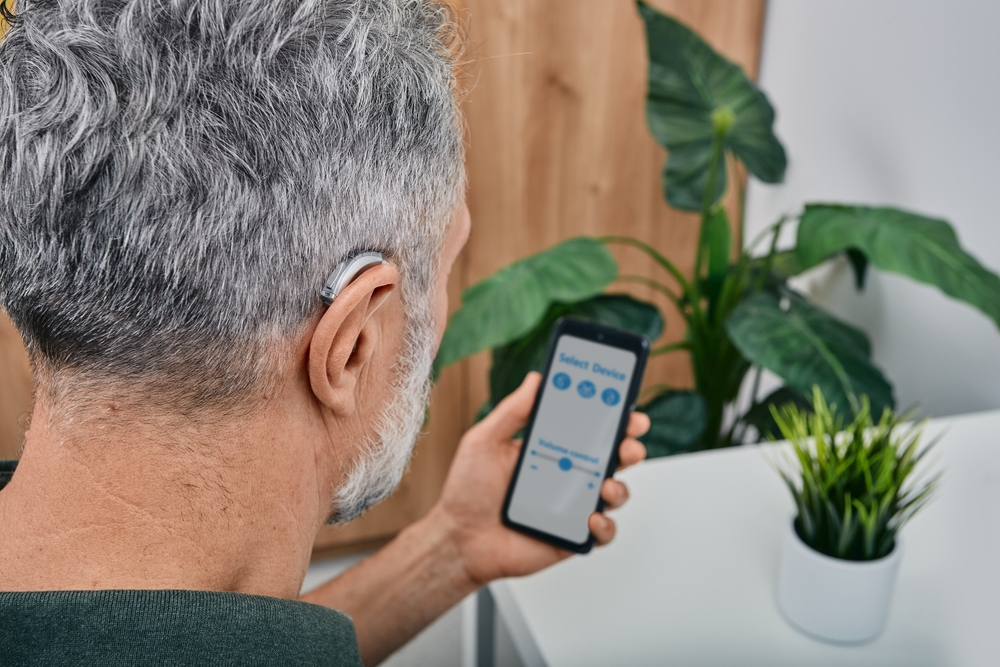
Even mild hearing loss can considerably impact daily life, influencing interactions with friends, family, and co-workers, as well as complicating regular activities such as grocery shopping. But transformative changes can be brought about by the use of properly tuned hearing aids.
Ten reasons why you should think about hearing aids
Even though improving hearing is the obvious and primary advantage of hearing aids, their positive impact goes far beyond that. Let’s explore the comprehensive benefits that wearing hearing aids can offer.
Stronger relationships through better communication
Clear communication is the cornerstone of meaningful relationships. Relationships can be strained when hearing loss leads to missed communication. Feelings of separation and stress will be decreased and your ability to communicate with others will be improved by using hearing aids.
Improved independence
Untreated hearing loss results in barriers in communication causing tasks like going shopping to become difficult. Your ability to understand speech and hear in various environments will be empowered by hearing aids, allowing you to navigate these situations more independently. This newfound independence extends to activities like driving, where improved situational awareness results in safer experiences.
Possibility of earning more
In professional situations, effective communication is critical. Your job performance and career development can be diminished by untreated hearing loss which can impact how you take part in meetings and other work-associated gatherings. By using hearing aids, you can stay engaged and alert, enhancing your productivity and opening doors to career opportunities.
Reduced tinnitus symptoms
Tinnitus, characterized by ringing in the ear, commonly accompanies hearing loss. Many people find that using hearing aids helps mask tinnitus sounds, offering relief and improving overall comfort.
Cognitive decline can be mitigated
A link between cognitive decline and dementia, and hearing loss has been indicated by the results of some research. It’s possible that utilizing hearing aids to manage neglected hearing loss can reduce the chance of cognitive impairment and help sustain the overall health of the brain.
The enjoyment of music
Hearing loss can distort the perception of music, making it less pleasurable. The fullness and richness of musical sounds can be restored by hearing aids which fill in the gaps in frequency so you can take pleasure in your favorite songs once more.
Increased confidence
Whether you’re in a social or professional setting, being able to hear better will give you more confidence. Your general quality of life will be enhanced and you will feel more capable when you can communicate better.
Boosted energy levels
Neglected hearing loss pushes the brain to work extremely hard to fill in missing sound which can be mentally draining. Hearing aids reduce this strain, providing mental relief and allowing you to enjoy activities without feeling constantly fatigued.
Awareness and safety can be improved
Awareness of one’s environment is crucial for safety, whether it’s crossing the road or driving a car. Hearing aids restore environmental sounds, including approaching vehicles or alarms, ensuring that you can react properly and safely.
Setting an example that is positive
You will set a positive example for others going through hearing loss by embracing hearing aids and displaying an approach to health and well-being that is positive. It inspires individuals around you by showing a commitment to personal improvement and growth.
Get your hearing checked today
While the main benefit of hearing aids is to boost auditory perception, the ripple effects on other aspects of life are profound. Hearing aids are a positive step to a better quality of life, whether that means increased independence, better cognitive health, enhanced relationships, or a mix of these.
Take the first step towards hearing better today by scheduling a hearing assessment with us.